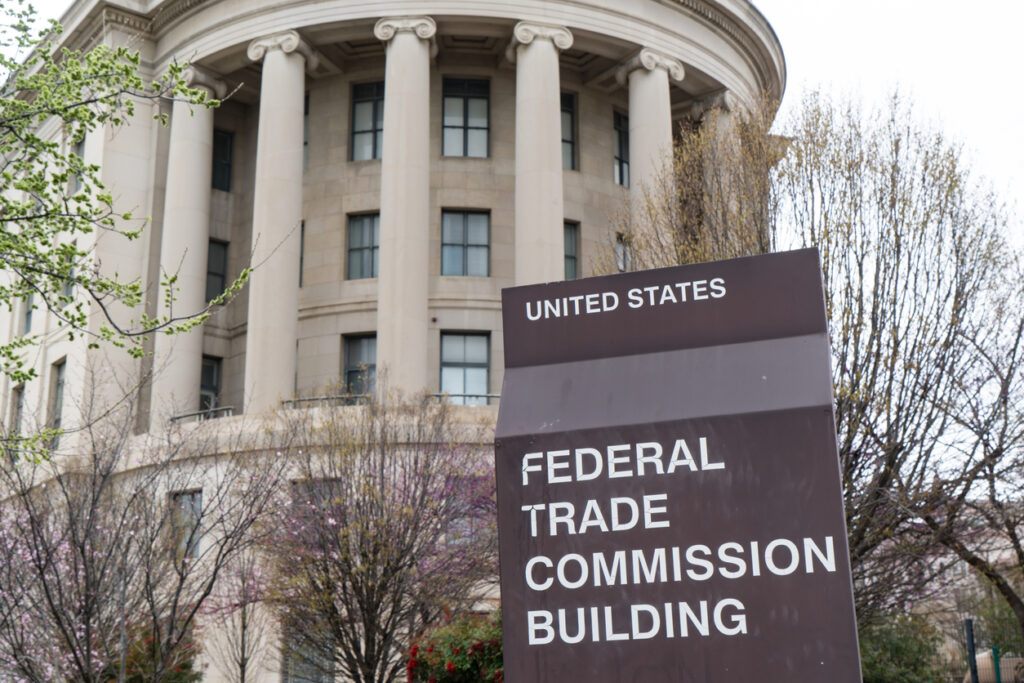Federal Trade Commission (FTC) competition rulemakings, like spring, are in the air. But do they make policy or legal sense?
In two commentaries last summer (see here and here), I argued that FTC competition rulemaking initiatives would not pass cost-benefit muster, on both legal grounds and economic policy grounds.
As a legal matter, I stressed that they would be time-consuming and pose serious litigation risks, suggesting a significant probability that costs would be incurred in proposing rules that ultimately would fail to be upheld.
As an economic policy matter, I explained that the inherent inflexibility of rule-based norms is ill-suited to deal with dynamic evolving market conditions, compared with matter-specific antitrust litigation that flexibly applies the latest economic thinking to particular circumstances. Furthermore, new competition rules would also exacerbate costly policy inconsistencies that stem from the existence of dual federal antitrust enforcement agencies, the FTC and the U.S. Justice Department (DOJ).
My pearls of wisdom, however, failed to move the agency. In December 2021, the FTC issued a Statement of Regulatory Priorities (SRP) that stressed that it would, in the coming year, “consider developing both unfair-methods-of competition [UMC] rulemakings as well as rulemakings to define with specificity unfair or deceptive acts or practices [UDAP].”
I have addressed in greater detail the legal case against proceeding with UMC rulemakings in an article that will be included as a chapter in a special Concurrences book dealing with FTC rulemaking, scheduled for release around the end of June. The chapter abstract follows:
Under the Biden Administration, the U.S. Federal Trade Commission (FTC) appears poised to launch an unprecedented effort to transform American antitrust policy through the promulgation of rules, rather than reliance on case-by-case adjudication, as in the past. The FTC has a long history of rulemaking, centered primarily on consumer protection. The legal basis for FTC competition rulemaking, however, is enormously weak and fraught with uncertainty, in at least five respects.
First, a constitutional principle known as the “non-delegation doctrine” suggests that the FTC may not, as a constitutional matter, possess the specific statutory delegation required to issue rules that address particular competitive practices. Second, principles of statutory construction strongly suggest that the FTC’s general statutory provision dealing with rulemaking refers to procedural rules of organization, not to substantive rules bearing on competition. Third, even assuming that proposed competition rules survived these initial hurdles, principles of administrative law would pose a substantial risk that competition rules would be struck down as “arbitrary and capricious.” Fourth, there is a high probability that courts would not defer to an FTC statutory construction that authorized “unfair methods of competition” rules. Fifth, any attempt by the FTC to rely on its more specific consumer protection rulemaking powers to reach anticompetitive practices would be cabined by the limited statutory scope of those powers (and the possible perception that the FTC’s procedural protections are weak), and quite probably would fail. In sum, the cumulative weight of these legal risks indicates that the probability FTC competition rulemaking would succeed is extremely low. As such, the FTC may wish to undertake a sober assessment of the legal landscape before embarking on a competition rulemaking adventure that almost certainly would be destined for failure. The Commission could better promote consumer welfare by applying its limited resources to antitrust enforcement rather than competition rulemaking.

